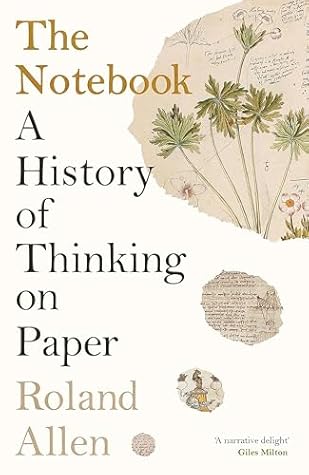In its heyday, common-placing changed the way people navigated the modern era: ‘They broke texts into fragments and assembled them into new patterns’, writes the cultural historian Robert Darnton, of seventeenth-century readers. ‘They belonged to a continuous effort to make sense of things, for the world was full of signs: you could read your way through it.’ As Europeans explored further, published more books, traded more goods, generated more paperwork, and in general made life more complicated for themselves, sorting information into manageable chunks enabled them to understand their world.
Welcome back. Just a moment while we sign you in to your Goodreads account.


